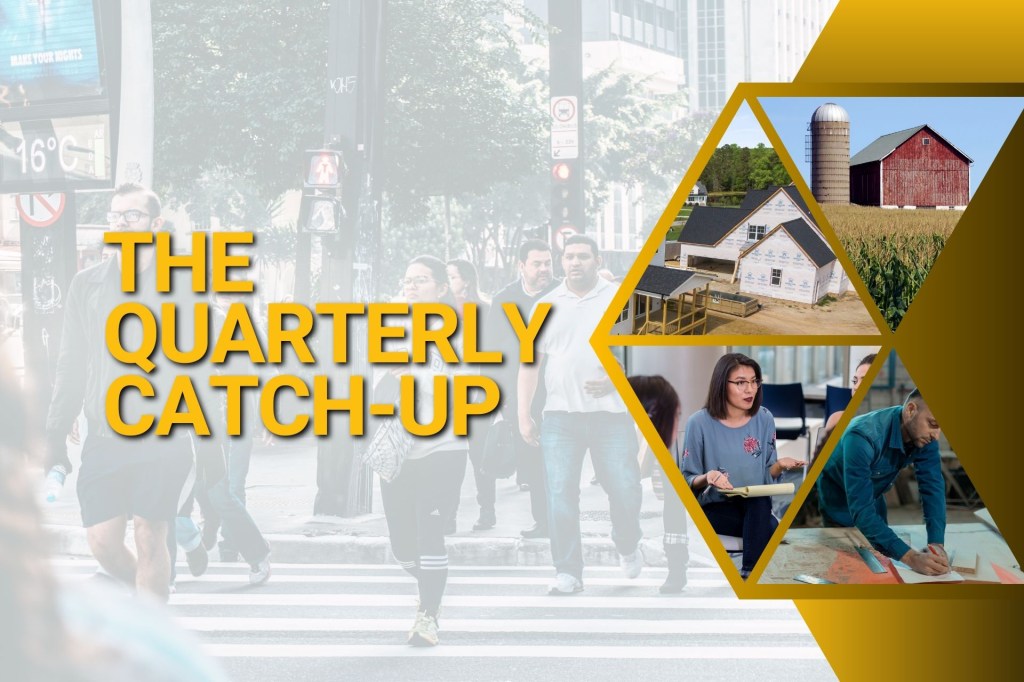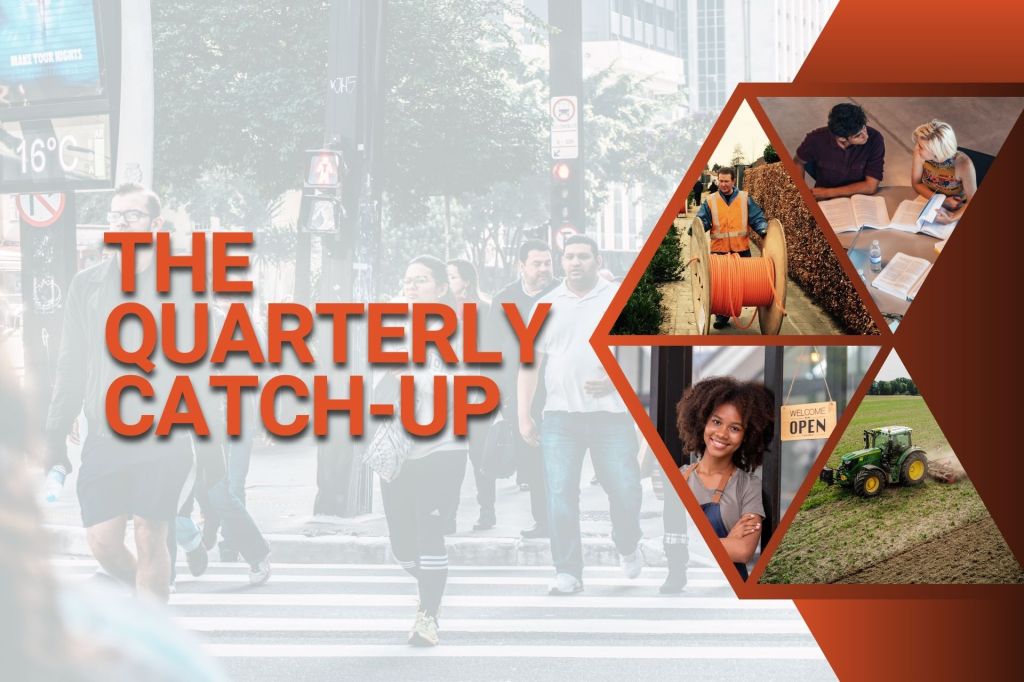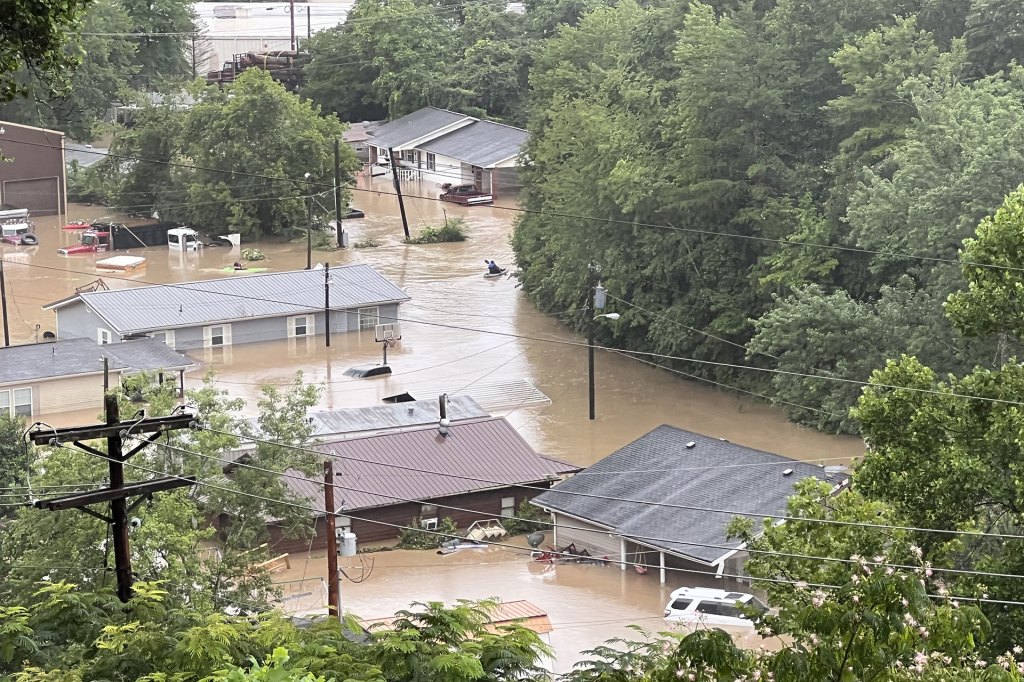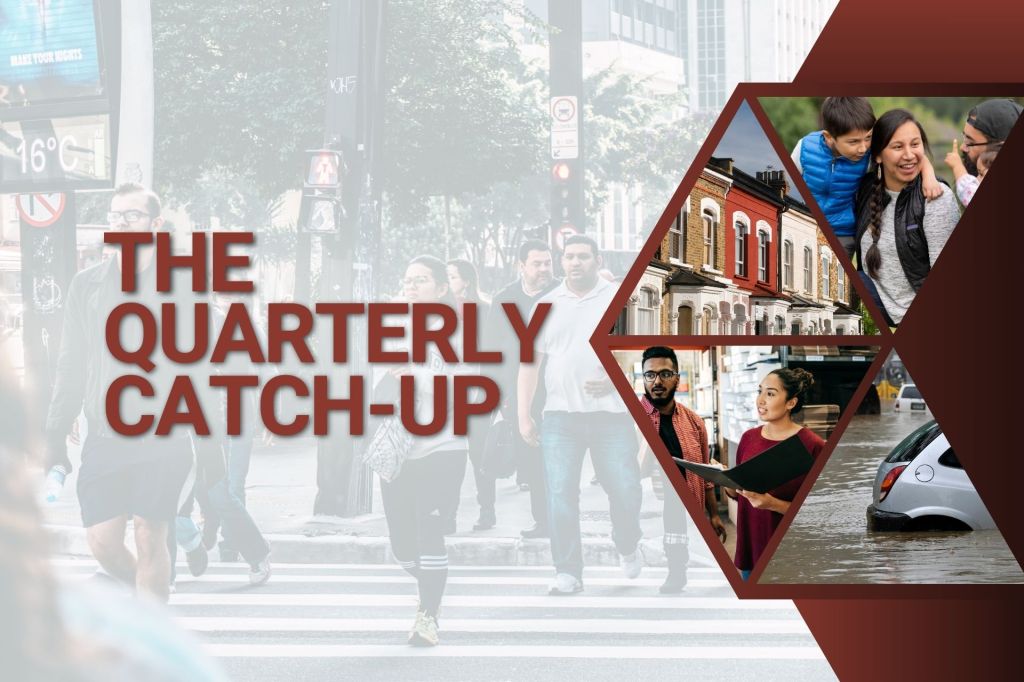Weather Resiliency
-

The Quarterly Catch-up, Q4 2025
Check out the latest community development-related research, analyses, and articles from all 12 Federal Reserve Banks and the Board of Governors. This post captures content published between October 1 and December 31, 2025, on topics affecting communities.
-

The Quarterly Catch-up, Q3 2025
Check out the latest community development-related research, analyses, and articles from all 12 Federal Reserve Banks and the Board of Governors. This post captures content published between July 1 and September 30, 2025, on topics affecting communities.
-
Disruptions from Wildfire Smoke: 12th District Data Portal and Regional Snapshots
The tool developed by the San Francisco Fed allows users to investigate wildfire smoke and disadvantaged communities more closely.
-
Plan. Prepare. Prevail. A Disaster Financial Readiness & Recovery Blueprint
Be prepared before a public health or natural disaster strikes your household, community or small business. The Kansas City Fed developed an array of materials to help you be prepared before and after a disaster.
-

The Quarterly Catch-up, Q2 2025
Check out the latest community development-related research, analyses, and articles from all 12 Federal Reserve Banks and the Board of Governors. This post captures content published between April 1 and June 30, 2025, on topics affecting communities.
-

The Quarterly Catch-up, Q1 2025
Check out the latest community development-related research, analyses, and articles from all 12 Federal Reserve Banks and the Board of Governors. This post captures content published between January 1 and March 31, 2025, on topics affecting communities.
-

The Quarterly Catch-up, Q4 2024
Check out the latest community development-related research, analyses, and articles from all 12 Federal Reserve Banks and the Board of Governors. This post captures content published between October 1 and December 31, 2024, on topics affecting marginalized communities.
-

Lower-income neighborhoods face greater flood risk, tougher recovery
Increasingly frequent and severe flooding can have devastating impacts on communities. The Federal Reserve Banks of New York, Cleveland, and Philadelphia examine flood risk in their regions and the implications for low-and-moderate income communities.
-
![[Watch] Exploring Possibilities of Investing Now for Prosperous, Sustainable Neighborhoods](https://fedcommunities.org/wp-content/uploads/2024/08/connecting-communities-exploring-possibilities-investing-prosperous-sustainable-neighborhoods.jpg?w=1024)
[Watch] Exploring Possibilities of Investing Now for Prosperous, Sustainable Neighborhoods
During this Connecting Communities webinar, New York Fed Staff and community leaders discussed solutions to address urgent climate and community needs that affect vulnerable and lower-wealth communities of color. Watch or listen on demand.
-

The Quarterly Catch-up, Q3 2024
Check out the latest community development-related research, analyses, and articles from all 12 Federal Reserve Banks and the Board of Governors. This post captures content published between July 1 and September 30, 2024, on topics affecting marginalized communities.





